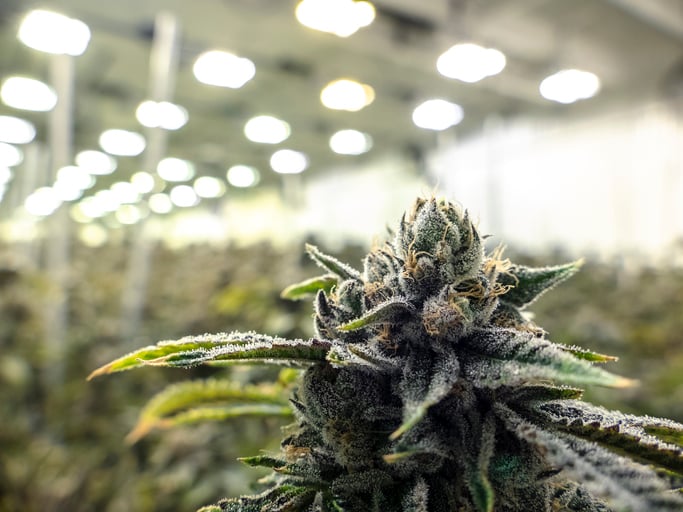When Canopy Growth (CGC +0.00%) announced it was joining forces with Constellation Brands (STZ +1.53%), it made investors euphoric as they dreamt of what it could mean for the top pot stock in the world. Beverages were -- and still could be -- the next big thing in the industry, and so partnering with a big alcohol company that makes the popular Corona beer seemed like a match made in heaven. And with Constellation Brands increasing its ownership stake in Canopy Growth, it would guarantee that the two companies would be inseparable and continuing to work on products together for the foreseeable future.
However, the deal hasn't exactly worked out as well as investors would have hoped, at least not yet. Despite producing good results of its own, Constellation Brands has continually been weighed down by Canopy Growth's lackluster results. With profits nowhere in sight and Canopy Growth recording a loss of $336 million Canadian dollars in Q4 of this year, Constellation ended up making a surprise move -- firing Canopy frontman Bruce Linton. It was a move that rocked the industry and put it on notice that investors weren't going to continue to tolerate mounting losses in excuse for promises of growth.
And then, in its most recent quarter, Constellation has again run into problems with Canopy Growth's losses weighing its own results down again. This time, Canopy Growth had recorded a loss of more than CA$1.28 billion. That leads us to an important question.

Image Source: Getty Images.
Was the beverage industry the right choice for Canopy Growth?
Canopy Growth was and still is a big name in the cannabis industry. But for it to decide to get involved with beverages may have been a mistake.
For one, the products are vastly different. Although there's certainly potential for cannabis-infused beverages to be a popular item, it's by no means a given. Canopy Growth rival Aurora Cannabis is so unconvinced that it hasn't put beverages on its radar, at least for now. In states that have legalized pot, cannabis beverages still don't represent a big piece of the pie. And while the segment is expected to reach $2.05 billion by 2026, in 2018, it was worth an approximate $175 million. These are also numbers for the global market, not just the U.S.
Unless there's a big change that takes place, cannabis-infused beverages could prove to be a very small subset of the market.
Why tobacco is the better fit
Rather than partnering with alcohol, Canopy Growth and other pot stocks may have been better off partnering with the tobacco industry. Tobacco companies have become quite familiar in dealing with significant restrictions on advertising and market, knowledge that can be helpful in navigating what's sure to be a very challenging environment for cannabis companies. Tobacco products are also more comparable to cannabis, with users typically smoking them. Overall, there are more synergies that can be gained by partnering with tobacco companies than there would be with alcohol companies, and the fit makes a lot of sense from many angles.
The biggest deal thus far involving cannabis and tobacco has been with Altria Group investing CA$2.4 billion in Cronos Group. And while Cronos hasn't been consistently posting profits, the company's losses have also paled in comparison to Canopy Growth's. Another notable deal between the two industries happened earlier this year involving Auxly Cannabis, which received a CA$123 million investment from Imperial Brands, a U.K.-based tobacco company.
What does this mean for investors?
For investors, they may want to keep a close eye on the tobacco industry, as there could still be deals in the works. The biggest obstacle may be the lack of federal legalization of cannabis as that will prevent a big tobacco company from being able to use its vast distribution network to quickly and efficiently reach more customers. But with pot stocks being as low as they are today, the price may prove to be too appealing to pass up investing in marijuana stocks.
There are going to be a lot of growing pains with any deals, and at least for battle-tested companies in the tobacco industry, they'll be in better shape to handle those headwinds than an alcohol company that may only see cannabis as a way to expand its product offerings.












